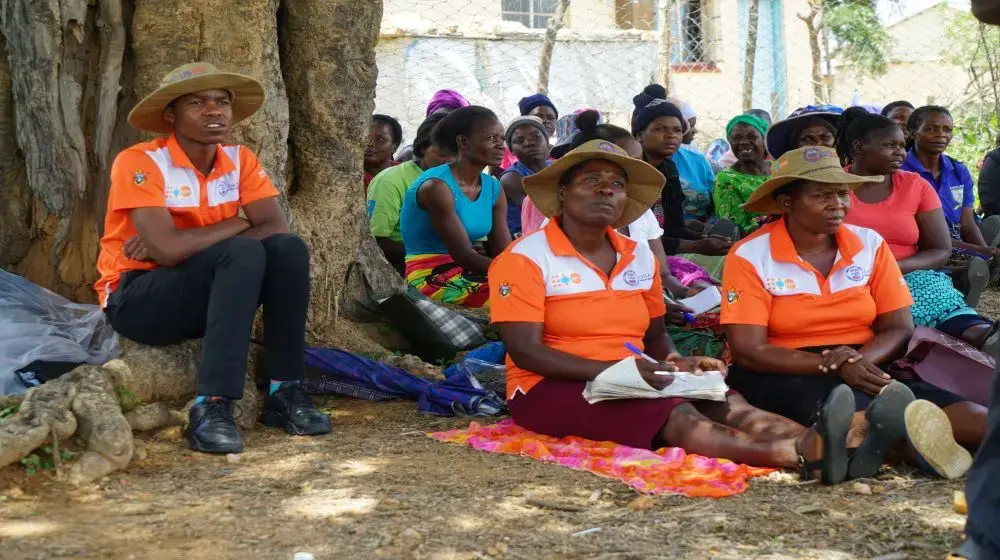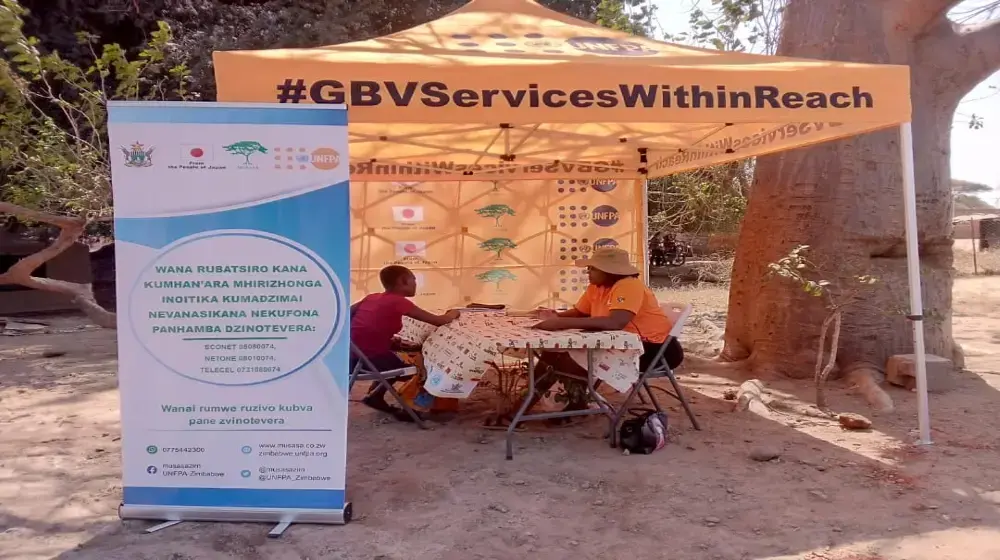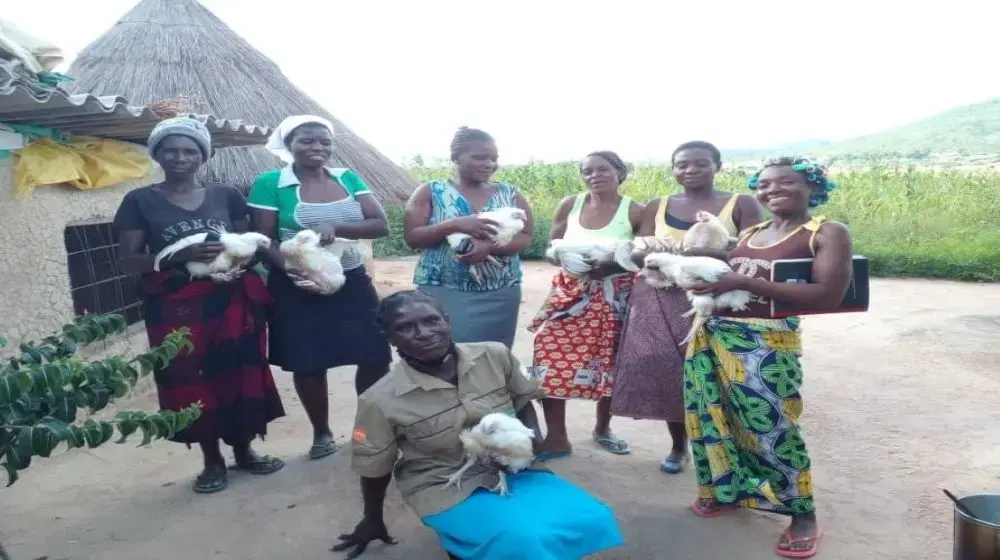MUTARE, Zimbabwe - When a family friend offered to cut 15-year-old Rumbidzai’s* hair, nothing seemed unusual. Her father’s best friend was a frequent visitor to their home and Rumbidzai had grown up around him; he was part of the family. But one day, everything changed.
“He offered to cut my hair at his house because he had a solar panel for electricity and his own barber machine,” says Rumbidzai. “While cutting my hair, he started touching me and then he raped me. The experience was painful,” she says.
The abuse continued for some time before Rumbidzai gathered the courage to speak to her grandmother about what had happened.
“I told everything to [my grandmother], who then reported the matter to a community case worker,” says Rumbidzai. When her grandmother became frustrated by the slow response, she contacted Musasa Project, a non-government organization that offers support and shelter to survivors of gender-based violence.
“Musasa immediately arranged a shuttle to take me to their shelter in Marange,” says Rumbidzai.
When she arrived at the shelter, Rumbidzai was given medical treatment and a safe place to stay, as she feared retaliation from her attacker’s family for speaking out.
“At the shelter, I met young girls who had also gone through difficult situations, but [they] were hopeful and happy despite all the trauma, which gave me hope for the future,” says Rumbidzai.
Bridging the transport gap for survivors of violence
Before the Coronavirus (COVID-19) outbreak, one in three women in Zimbabwe experienced sexual or physical violence in her lifetime. Lockdowns and movement restrictions have exacerbated this risk, with the national gender-based violence hotline recording a 75 per cent increase in calls since the beginning of lockdown in March.
Unfortunately, many women will struggle to reach shelters and other services at the precise time they need them most. This is especially true of women in remote areas or persons with disabilities.
To ensure girls like Rumbidzai continue to access support, no matter where they live, Spotlight Initiative supported Zimbabwe’s Ministry of Women Affairs, Community, Small and Medium Enterprises Development and implementing partner, Musasa Project, to provide a shuttle service as transportation for survivors.
“Before the pandemic, a lot of survivors would not access services because they did not have money for transport,” explains UNFPA Gender Specialist Loveness Makonese.
“Service providers such as Musasa would assist survivors by taking care of such costs. The COVID-19 pandemic brought on a new challenge as public transportation was halted nationally to mitigate the spread of the virus. These mobility restrictions made it increasingly difficult for survivors to access services, so the shuttle service was a necessary addition to the programme.”
Since the national lockdown began on 30 March, 75 survivors have used the shuttle service, including Rumbidzai, and there are plans to expand the service to more districts.
Justice for survivors
With help from Musasa Project, Rumbidzai was able to report her attacker to the police's Victim-Friendly Unit and the perpetrator was remanded.
“I am now staying with my grandmother, who is giving me so much support,” says Rumbidzai. “Musasa [Project] will ensure that they continue preparing me for court.”
*name has been changed to protect the survivor's privacy.
Originally published by Spotlight Initiative





